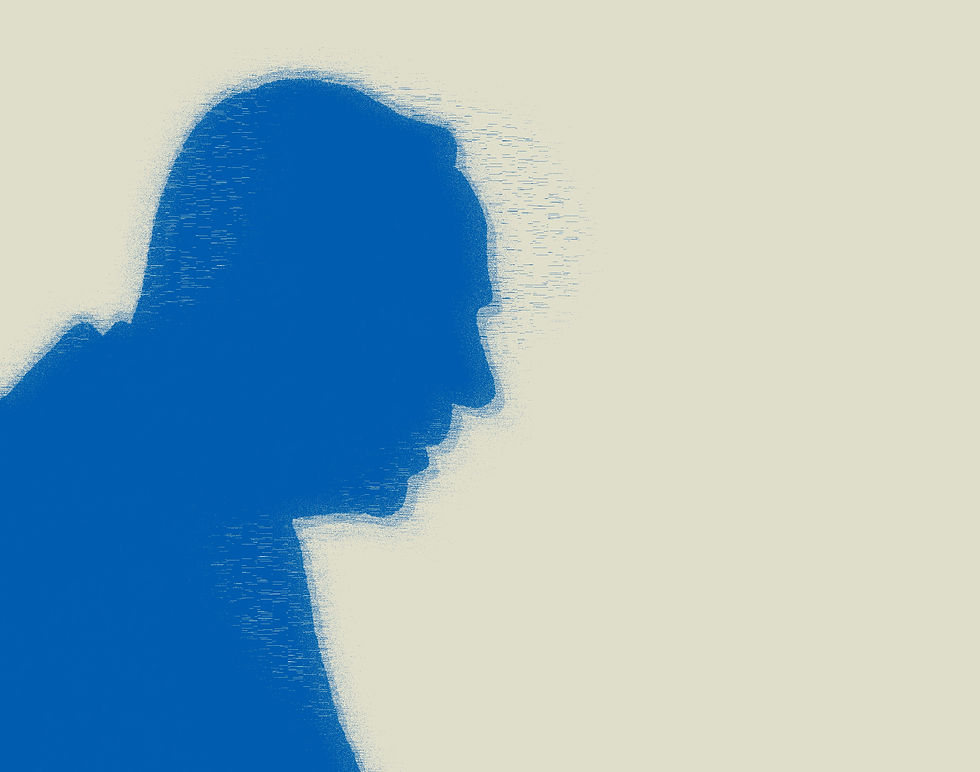What Happens When Democratic Allies Become Threats? Dutch Intelligence And Israeli Interference
- James Andrew Calderon

- Aug 20, 2025
- 4 min read
Updated: Aug 21, 2025

Whether Israel is a democracy or not has been the subject of fierce debate since October 7. According to Freedom House, Israel possesses a Global Freedom Score of 73/100. This far exceeds other Middle Eastern nations with Lebanon and Jordan being the next freest countries in the region while not even surpassing a score of 40/100. Israel, however, still lags behind its European and North American allies.
Within the past few weeks, the Netherlands has included Israel for the first time on its list of foreign states which pose a threat to Dutch national security, according to a new report published by the Netherlands’ main counterterrorism agency, the National Coordinator for Security and Counter-Terrorism (NCTV). Its report, entitled “Threat Assessment by State Actors”, highlights Israeli efforts to manipulate Dutch public opinion and influence decision-making through disinformation campaigns. A democratic ally being labeled a national security threat is rare and sends a very serious message. Israel now joins the likes of Iran and Russia on the Dutch state threat list.
The Netherlands' designation of Israel as a threat due to political interference is not just a diplomatic rift; it’s a warning about how even friendly states can undermine democratic norms through covert influence and disinformation.
The Dutch Designation
The NCTV’s report found that Israel “attempts to influence political and public opinion abroad, including in the Netherlands”. This pointed claim is evidenced by actions following the unrest surrounding the Ajax-Maccabi Tel Aviv football match in November 2024, when the Israeli Ministry of Diaspora and Countering Antisemitism did not share the report through official channels. Instead, the department opted to feed the report directly to politicians and journalists. NCTV’s report notes that the Dutch Ministers of Justice and Security and Foreign Affairs regarded the method of distribution “unusual and, due to the potential negative consequences for Dutch residents, undesirable”. This is in part due to concerns that individuals named within the report could face intimidation, threats, or even attacks. The report also highlighted concerns of American and Israeli pressure campaigns against the International Criminal Court (ICC) seated in The Hague.
Israel is not a traditional adversary as - unlike China, Iran, or Russia - it is a close military and political partner. But why does this matter? With this being the first time that the Netherlands has listed Israel, it could mark a precedent-setting shift in how democracies perceive threats.
What “Political Interference” Means in Practice
Tactics allegedly used by Israeli actors include: disinformation campaigns targeting Dutch public opinion, the manipulation of narratives around the International Criminal Court and Gaza, and coordinated lobbying through unofficial channels. These allegations can be substantiated by claims of Mossad surveillance on ICC officials, online influence operations tied to Israeli-linked accounts, and reports from credible media outlets which confirm long term Israeli espionage and meddling.

A Challenge to Democratic Integrity
Democracy relies on the public agreeing on a body of reliable knowledge and information. Scholars often break this down into two aspects: 1) Confidence in the processes by which power is distributed, and 2) Reliable information about the evidence in support of different policy options.
Disinformation attacks both of these aspects while also disrupting informed public debate and distorting policymaking through falsehoods. Democratic societies allow free speech and lobbying; however, they do not permit covert manipulation. When it is allies that cross the line, democracies face an even more difficult dilemma: how to respond without undermining strategic ties.
Hypocrisy in Play
Prime Minister Netanyahu’s government and its supporters have often invoked that they are the “only democracy in the Middle East” while defending their policies. But, how can they claim that when the Israeli government is attempting to undermine the Netherlands, another democracy? These allegations raise questions about whether Israel truly maintains shared values, whilst also further wrecking global support for the embattled nation.
Western nations are quick to condemn autocracies such as China or Russia, but are seemingly reluctant to hold allies, such as Israel, accountable, until perhaps now.
A Turning Point
Dutch action is a part of a broader trend of rising frustration in Europe over Israel’s tactics surrounding Gaza and the ICC. The question has now become, has Europe lost patience with Israel? The Irish and Spanish governments have led efforts to sanction Israel and Sweden has urged the European Union to suspend trade ties with Israel over the “utterly deplorable” humanitarian situation in Gaza. Norway, in addition to Spain and the Republic of Ireland, has officially recognised Palestinian statehoods while France and the United Kingdom plan to do so in the future. This can be illustrated as a significant example of why public pressure matters as protests and legal actions have assisted in building the political will to act.
The Dutch designation is not about cutting ties but rather about protecting democratic institutions. In today’s age of hybrid warfare and disinformation, democracies must hold all actors accountable, and friendship must not exempt one from the rules of democracy.
Illustrations: Will Allen/Europinion
.png)



Comments